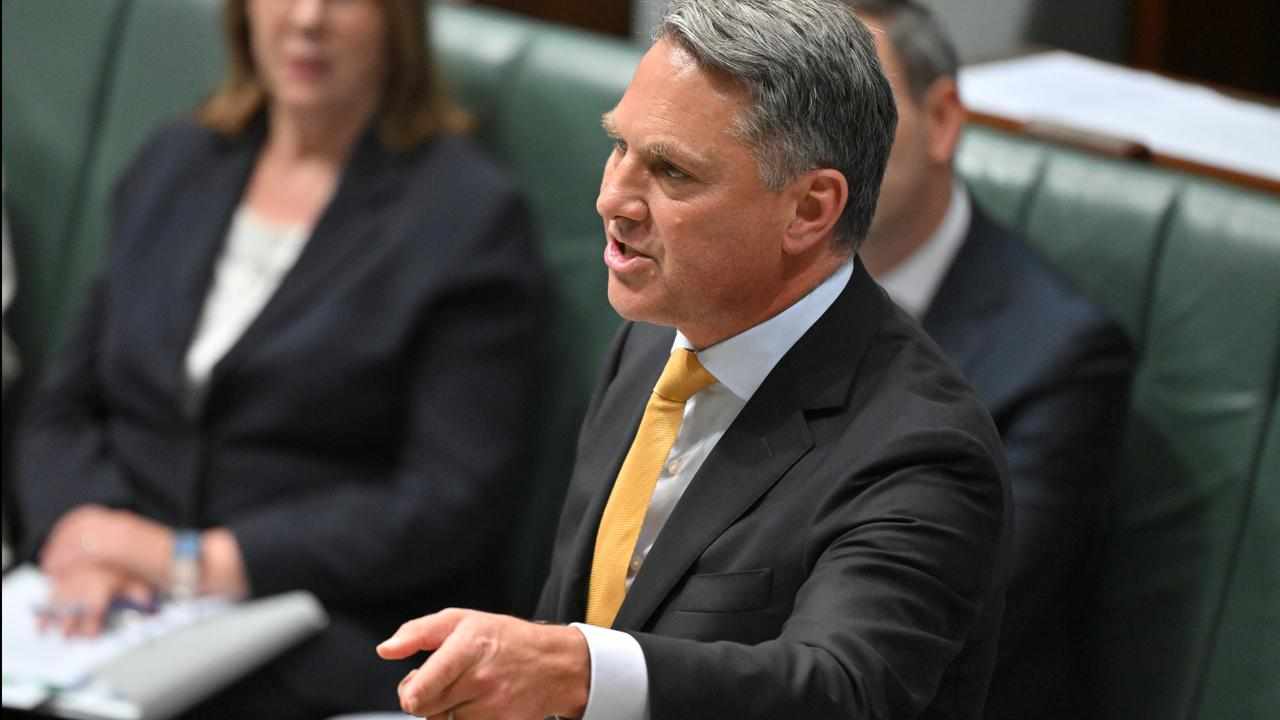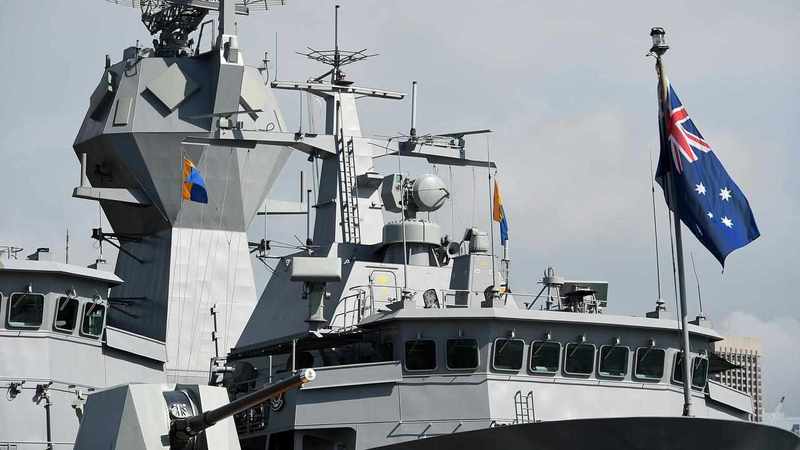Defence projects are set to be slashed as the Albanese government signals "tough but necessary" decisions ahead of the federal budget.
Defence Minister Richard Marles foreshadowed the changes as he spoke of Australia's uncertain relationship with China and issues in the Indo-Pacific region.
"Australia values the most constructive and productive relationship we can have with China," Mr Marles said in a speech to the Sydney Institute on Thursday evening.
"Yet the way this era of great power contest will unfold is unclear, and the outcome of the contest is uncertain."
Australia and countries in the Indo-Pacific have a vital interest in maintaining a region where sovereignty is protected, international law followed, and nations can make decisions free from coercion.
Australia must reconsider how the defence force is funded in order to achieve this aim, Mr Marles said, pointing to complex decisions made under past governments.
He inherited a defence budget that included $42 billion in extra spending without any additional allocation in the budget.
"For every $100 Defence had to spend, it was planning to spend $140," he said.
"In other words, more than a quarter of what defence had planned to buy or deliver, it had no money for."

Defence employ teams to manage proposed projects even if the required money is not allocated, as long as it eventually goes ahead, he said.
"But when everyone knows that the numbers don’t add up, that not all the projects can happen, then everyone is just waiting for the eventual train wreck," Mr Marles said.
"In this train wreck, no one knows which projects will survive and whether sunk costs will ever be recovered.
"It is costly for industry and ultimately dishonest. It is devastating for defence morale and it makes clear future planning impossible."
Continuing down this path would be unsustainable, Mr Marles warned, promising to put an end to the practice.
"But to do so means making hard decisions, even in the context of a rapidly growing defence budget," he said.
He warned of "tough but necessary" decisions to divest, delay, or re-prioritise projects that did not support defence's integrated vision.
This would allow the government to accelerate projects to deter "any potential adversaries from actions" against Australia's interests, Mr Marles said.
Defence spending as a percentage of GDP is set to increase in coming years, with billions of additional dollars set aside for military projects.









